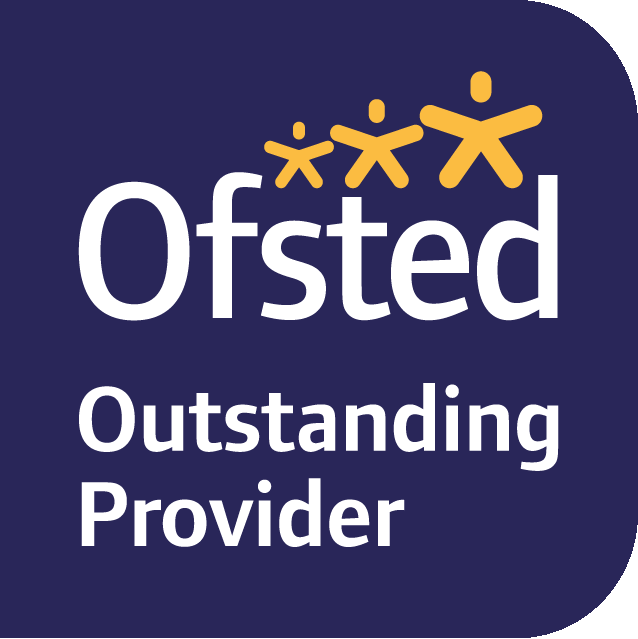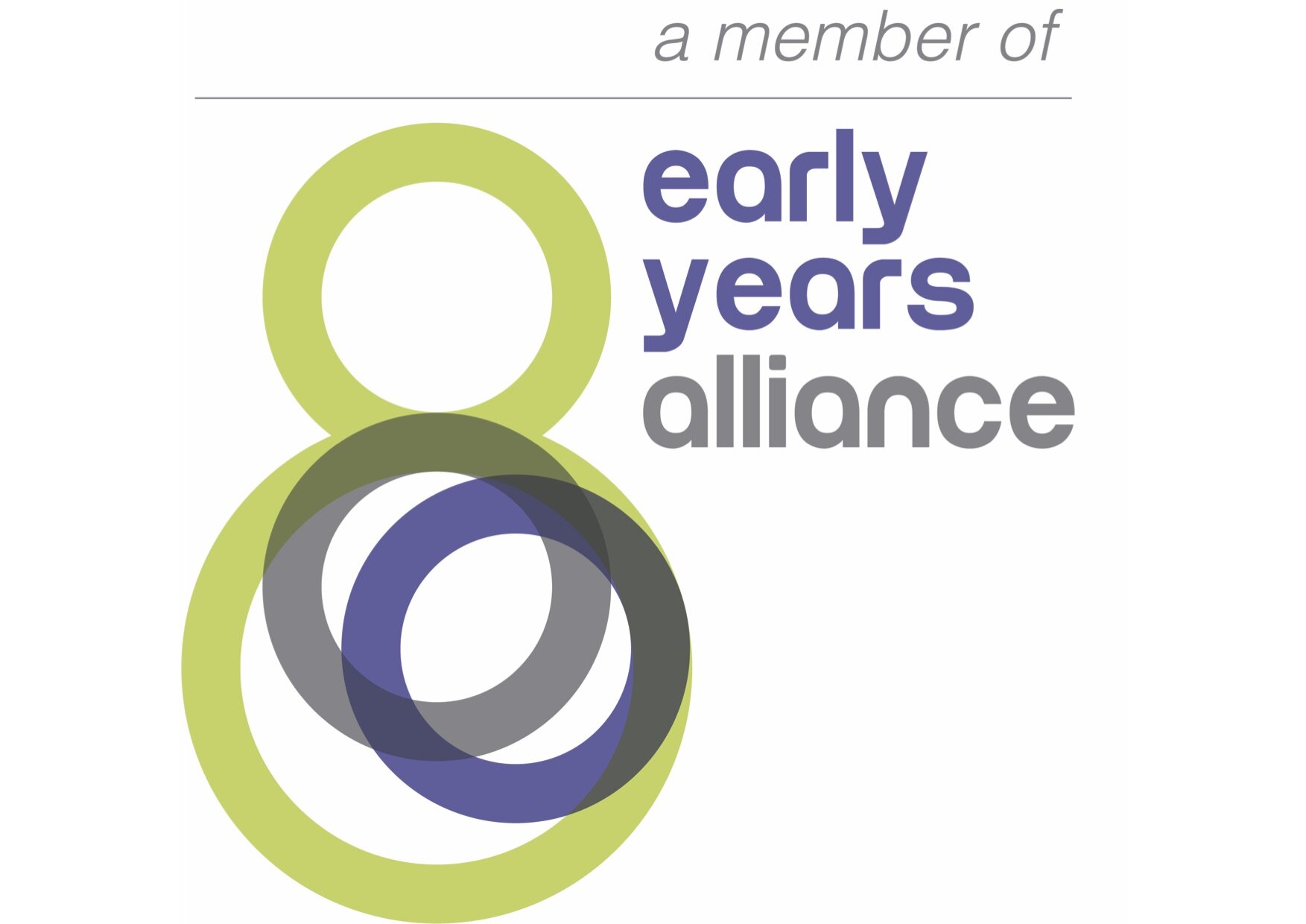






Key Person approach.
‘A Key person’s role is to help ensure that every child’s care is tailored to meet individual needs, to help the child become familiar with the setting, offer a settled relationship for the child and build a relationship with their parents.’
At Ladybirds, we pride ourselves on our robust Key Person approach. A key person helps a child feel known, understood, cared about and safe. Being cared for by a reliable adult who meets their physical needs and remains attentive and playful, affectionate, and thoughtful, allows children to form secure attachments. Such a grounding provides a “secure base” from which children feel confident to explore the world and form other relationships.
A key person forms a “triangle of trust” with a child and their family. It ensures that all children and families have one or more key persons within the setting with whom they have a special, nurturing relationship. At ladybirds we operate a key person ‘buddy’ system, ensuring we always provide a reassuring point of contact for parents and children. All children are allocated a key person prior to them starting, details of which are provided in their parents’ special ‘First Day’ bag.
A key person has special responsibilities for supporting their key group of children and building relationships with them and their families. We want parents to feel able to share vital information about their care preferences, likes and dislikes, interests and how they may feel about being away from home. Parents may also want to discuss their child’s development or feelings and emotions.
We offer a home visit with a key person and manager should parents wish to arrange this prior to starting with us. This is an ideal opportunity to informally discuss anything about individual children, complete an ‘All About me’ form, confirm any specific learning or medical need and discuss and answer any questions to reassure children, parents and families. It also serves as an opportunity for the key person to make a playful connection with the child whilst in their familiar surroundings. Our key person approach also supports discussing and formulating any specific ‘settling in’ plans to promote a positive transition into setting.
Key persons will ensure individual interests, preferences, learning styles and needs are taken into account when activities are planned and resources provided. They will also collate an individual ‘Tapestry’ online learning journal and ‘Ladybirds folder’ with various items of artwork, handwriting examples, pictures etc. Entries into individual journals are made by all staff who are always available and ready to support and observe all children, despite which key person group they are in. Key persons will write assessments, such as the ‘Progress check at age two’ or ‘Transition passport.’
Each key person group has its own colour, with each child having their own coloured registration ladybird and coat peg label; giving the group a basic identity and making it easy for a child to recognise.
** We have referred to and taken extracts from the following publications within the text above: ‘Statutory framework for the Early Years foundation stage.’ (DfE. September 2021) and ‘Birth to 5 Matters’ (EE. 2021)

Tapestry Online Learning Journal.
‘An easy-to-use and secure online learning journal helping staff and families celebrate their children’s learning and development.’
Tapestry is about capturing the magic of your child’s early years’ experience, achievements and developments with us at Ladybirds and recording their learning in a way that is easy to access.
Using photos, videos, observations, and diary entries, we build the story as children grow and develop. Along with valued contributions from parents or carers, this system enables these memories to be kept as a permanent record of each child’s unique journey. We want parents and carers to feel fully involved in their child’s development, and as early years practitioners, we understand how important it is to work with children’s first educators to support their learning.
We encourage parents and carers to add comments to our observations and add their own. These insights are so useful to us as we then get to know the children’s interests, skills, and preferred play activities outside of Ladybirds. We can then not only feel additionally equipped to provide unique learning experiences tailored to each child’s learning needs but can share and celebrate photographs and entries with friends and staff in setting. Talking together about the pictures and video clips in their journal, both at home and in setting; helps to develop your child’s language skills and importantly build their self-esteem.
We can also add suggestions to extend learning at home, providing ideas about games, stories and activities.
Key people use iPads to take photographs and record observations on, these are then added to Tapestry for approval. Following manager approval, they are regularly uploaded to your child’s individual account.
The Tapestry online learning journal is also available as an easy to use, secure app on your mobile devices. (Free downloadable iOS and Android apps are readily available.) It is easy to navigate and means you can quickly and easily capture any key moments you would like to share with us. All information held on the platform is stored securely and can be downloaded and shared as required. You can access your child’s secure account at any time by logging on using your unique password. Additional relatives can also easily be set up with their own account, following submission of written permission in line with our own Tapestry policy.
When your child leaves to move onto primary school, you will be able to download their journal as an electronic file. This way you can keep your unique learning entries of their pre-school experiences and achievements to share and treasure. (If required, a Tapestry learning journal can also be transferred over to primary school or onto another setting.)
Please visit the website should you require any further information regarding Tapestry online journal.
https://tapestry.info/parents-carers.html
** We have referred to and taken extracts from the Tapestry website within the text above.
